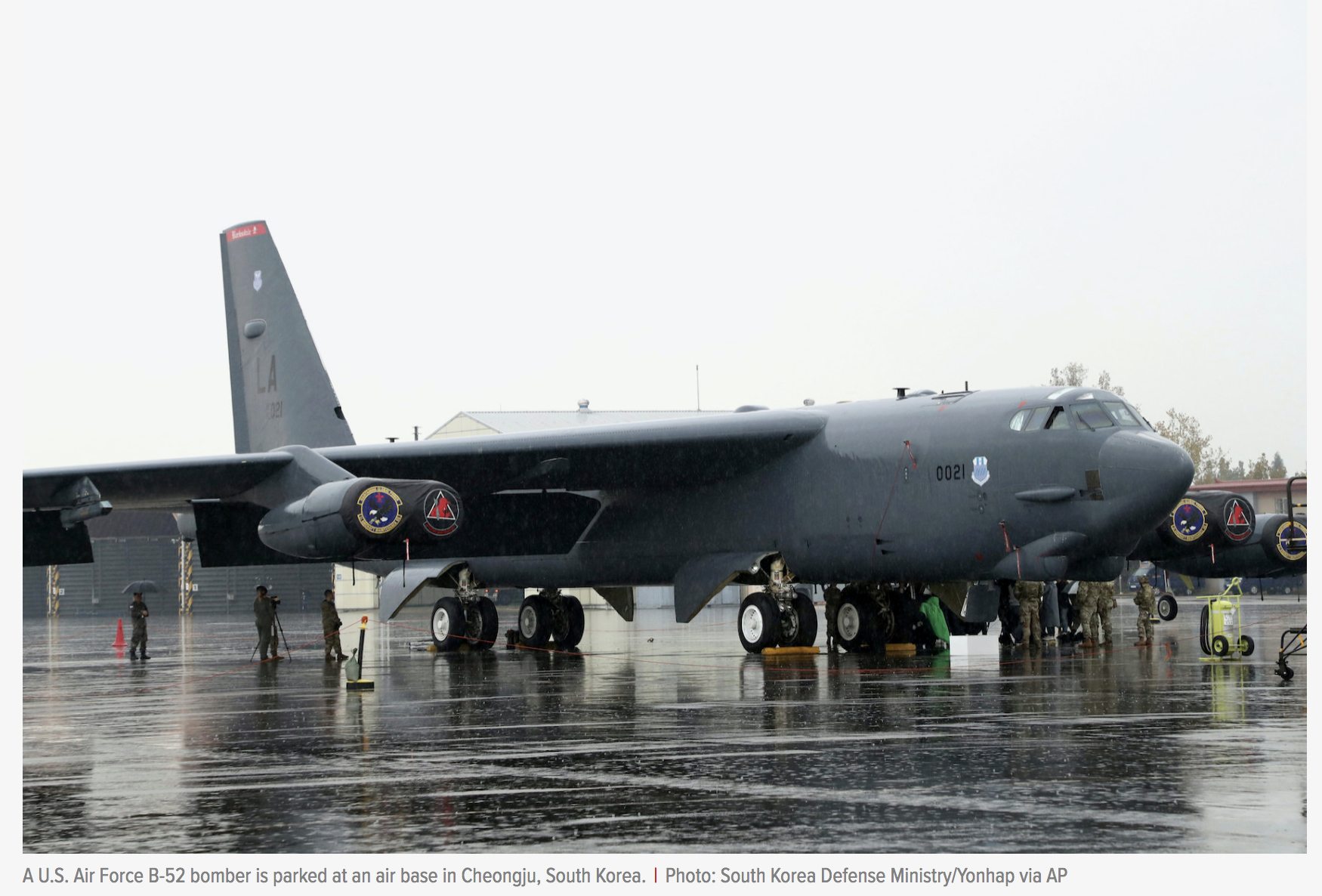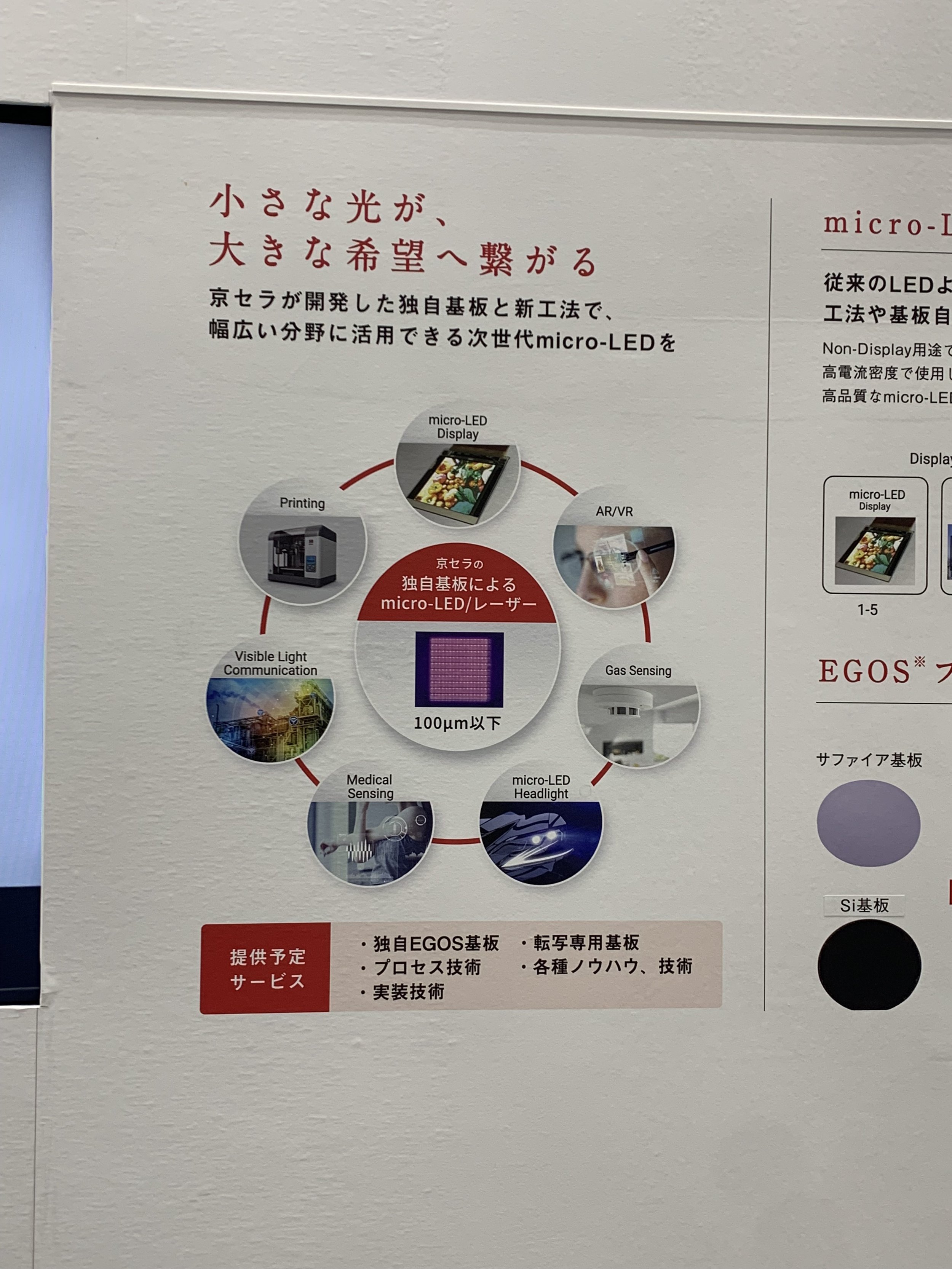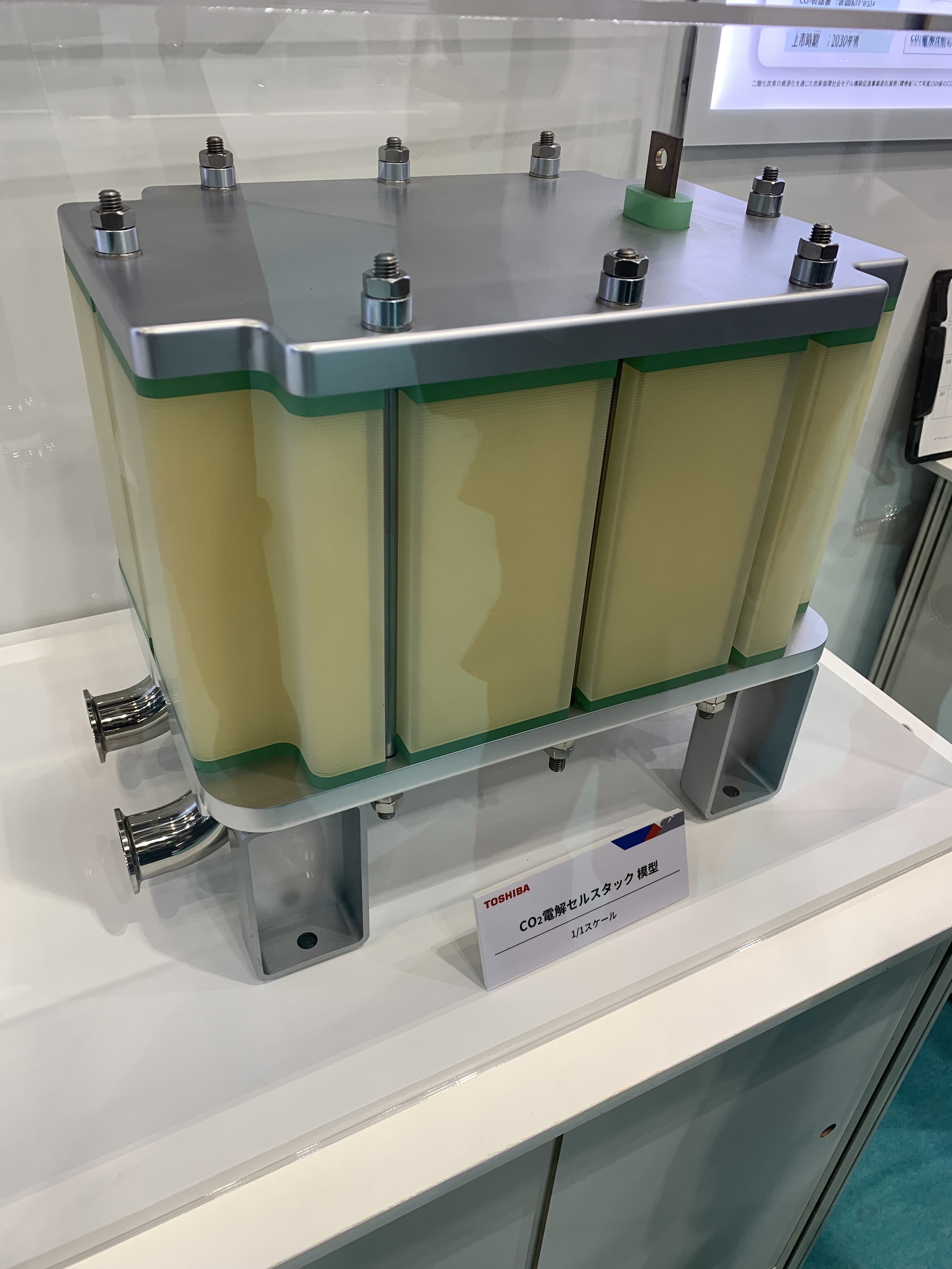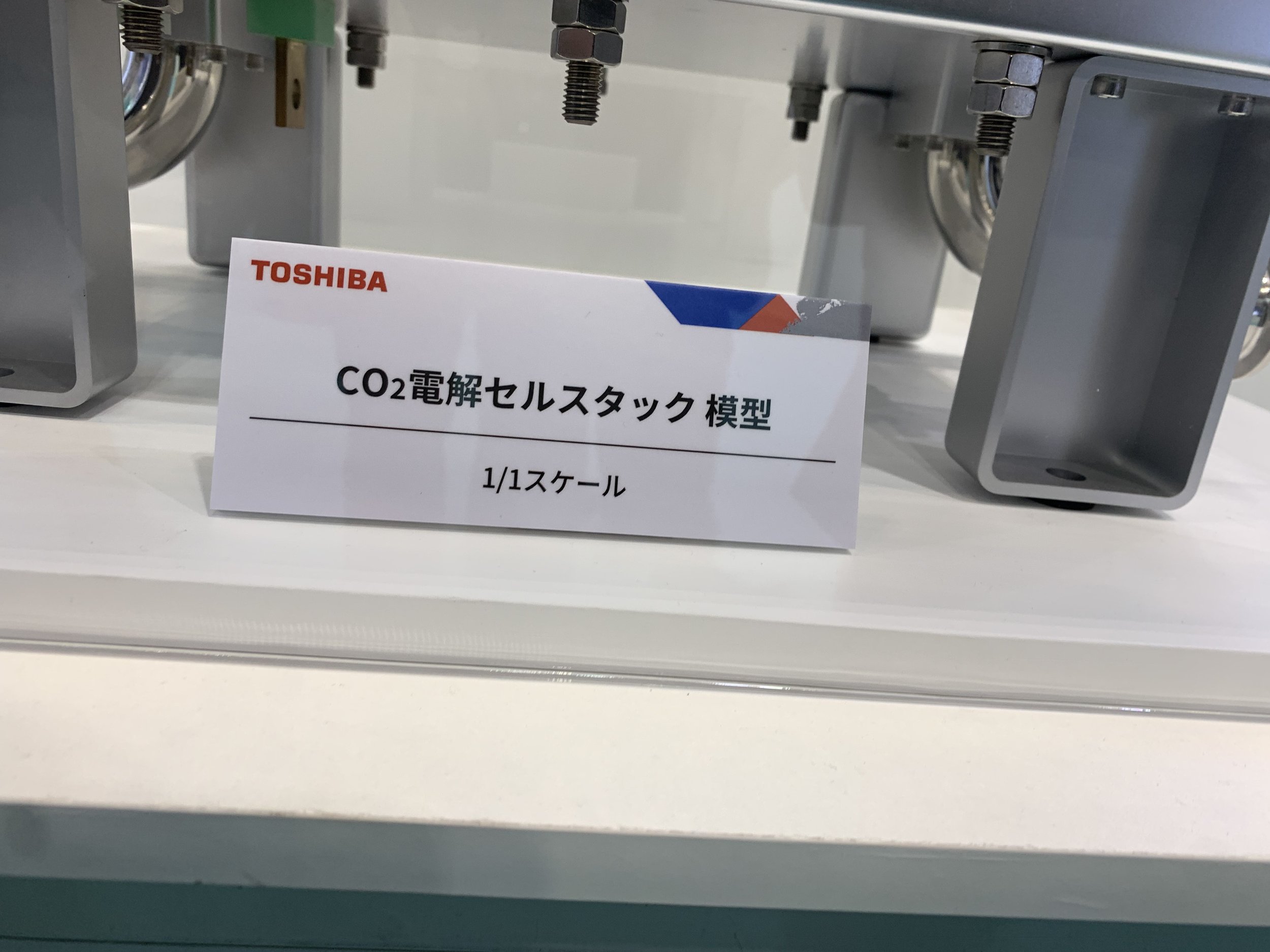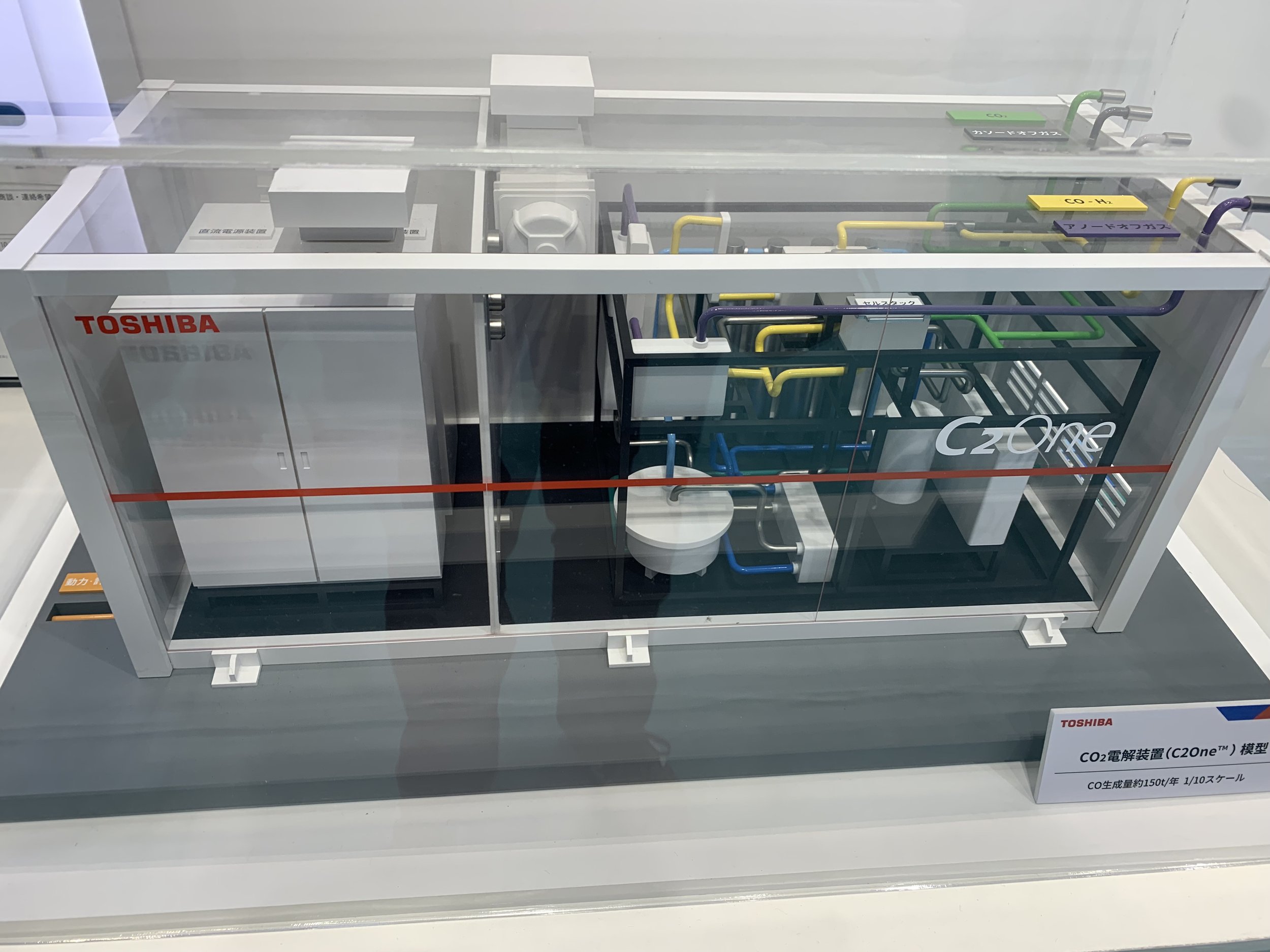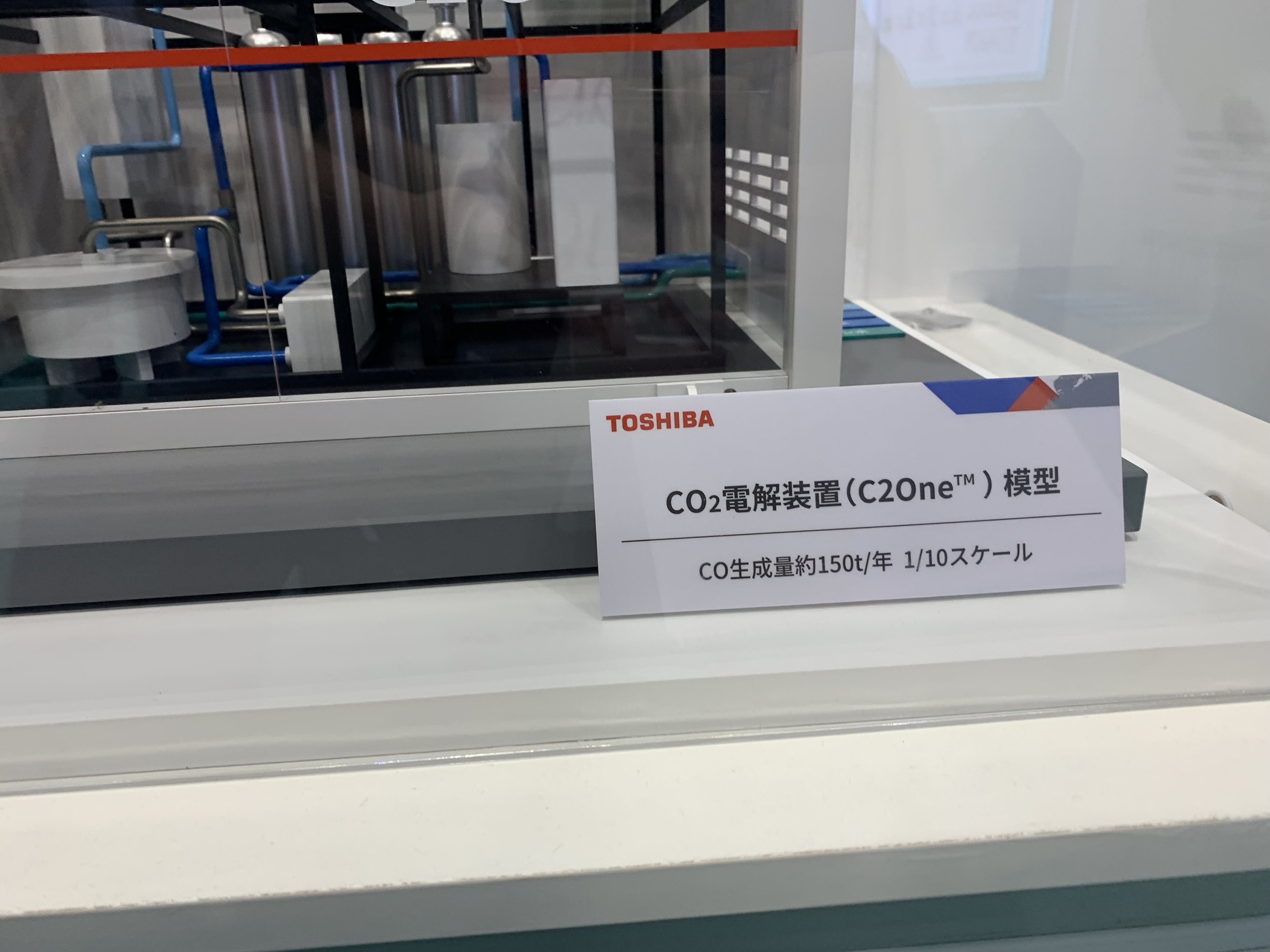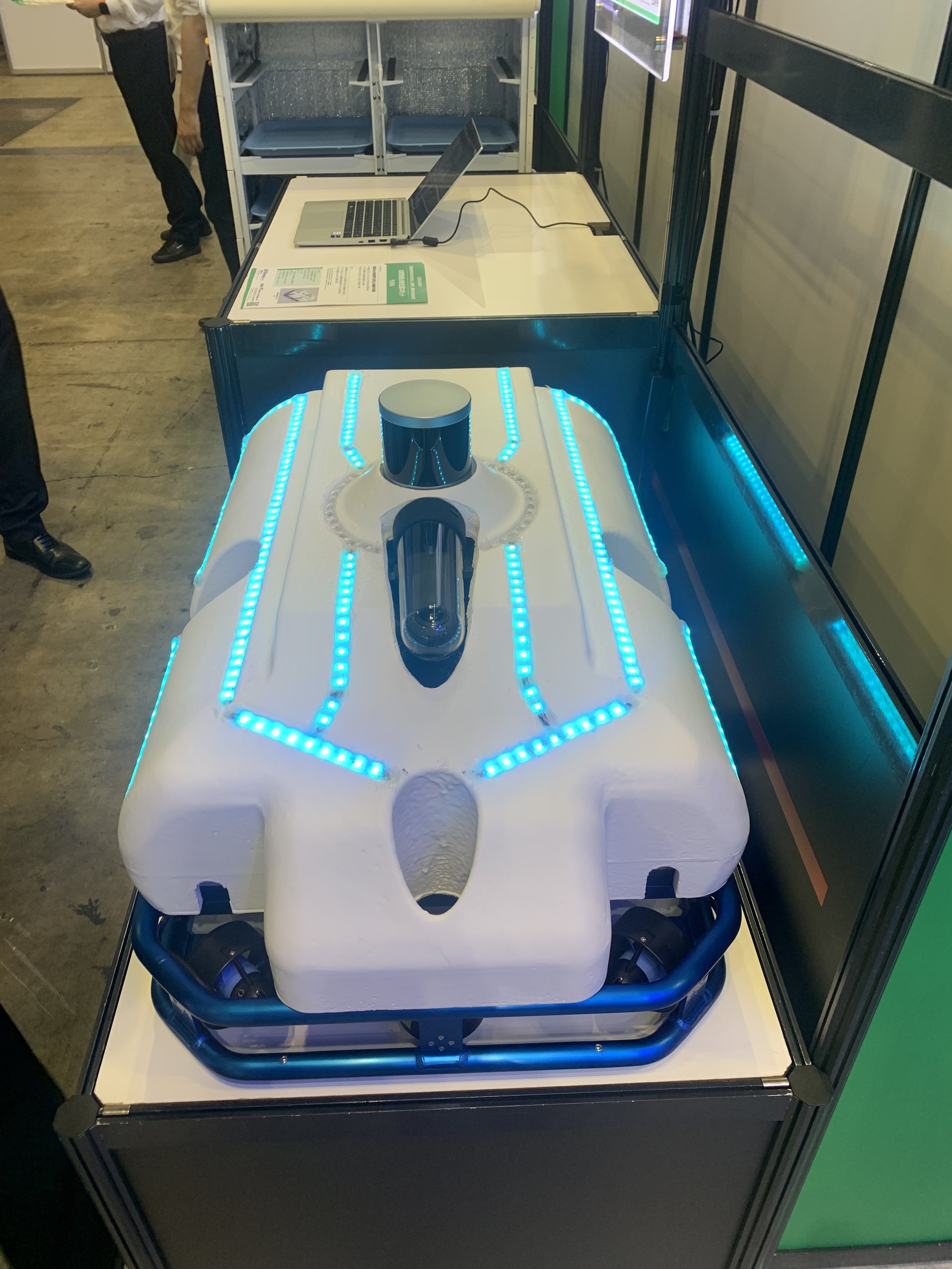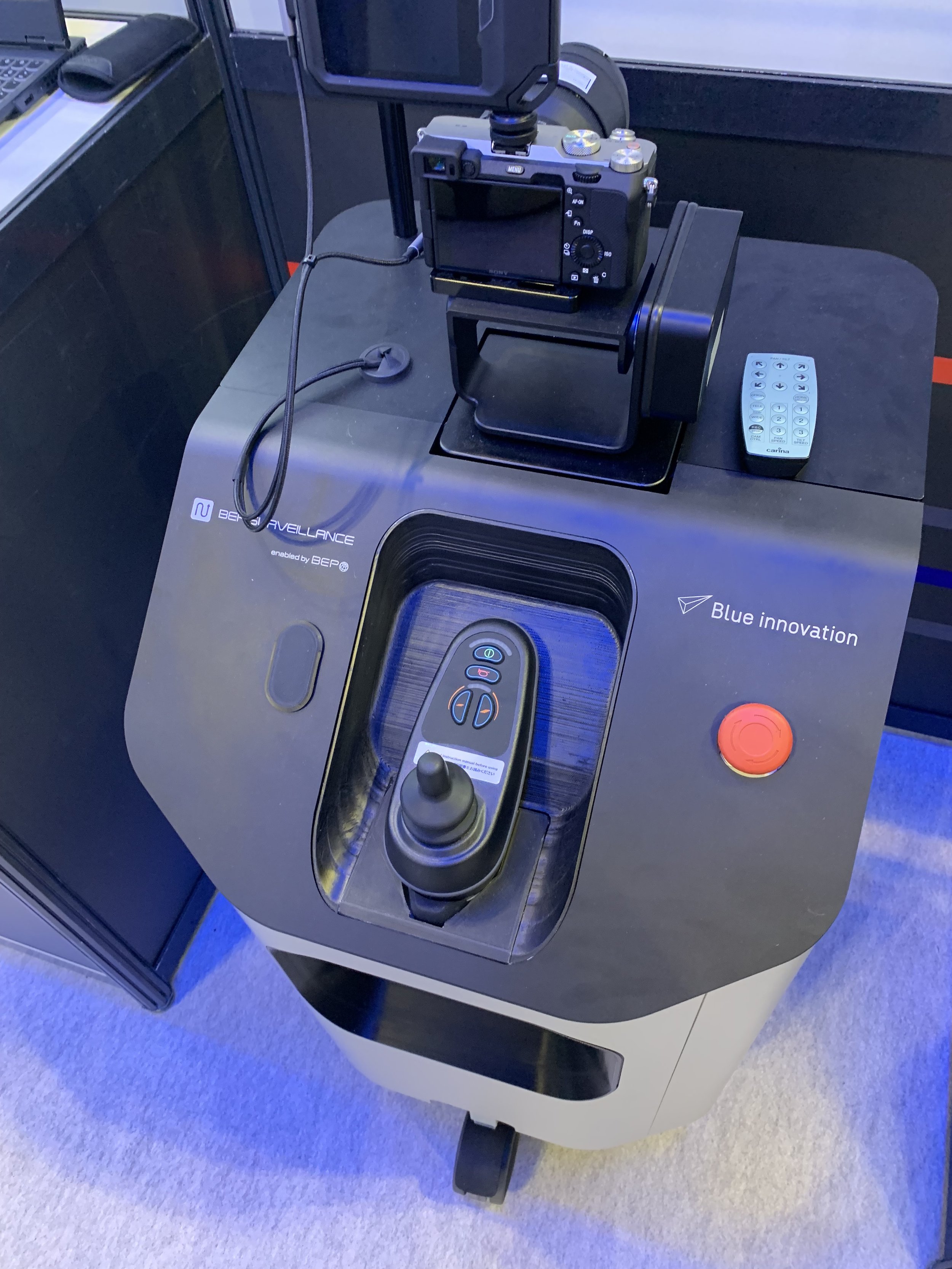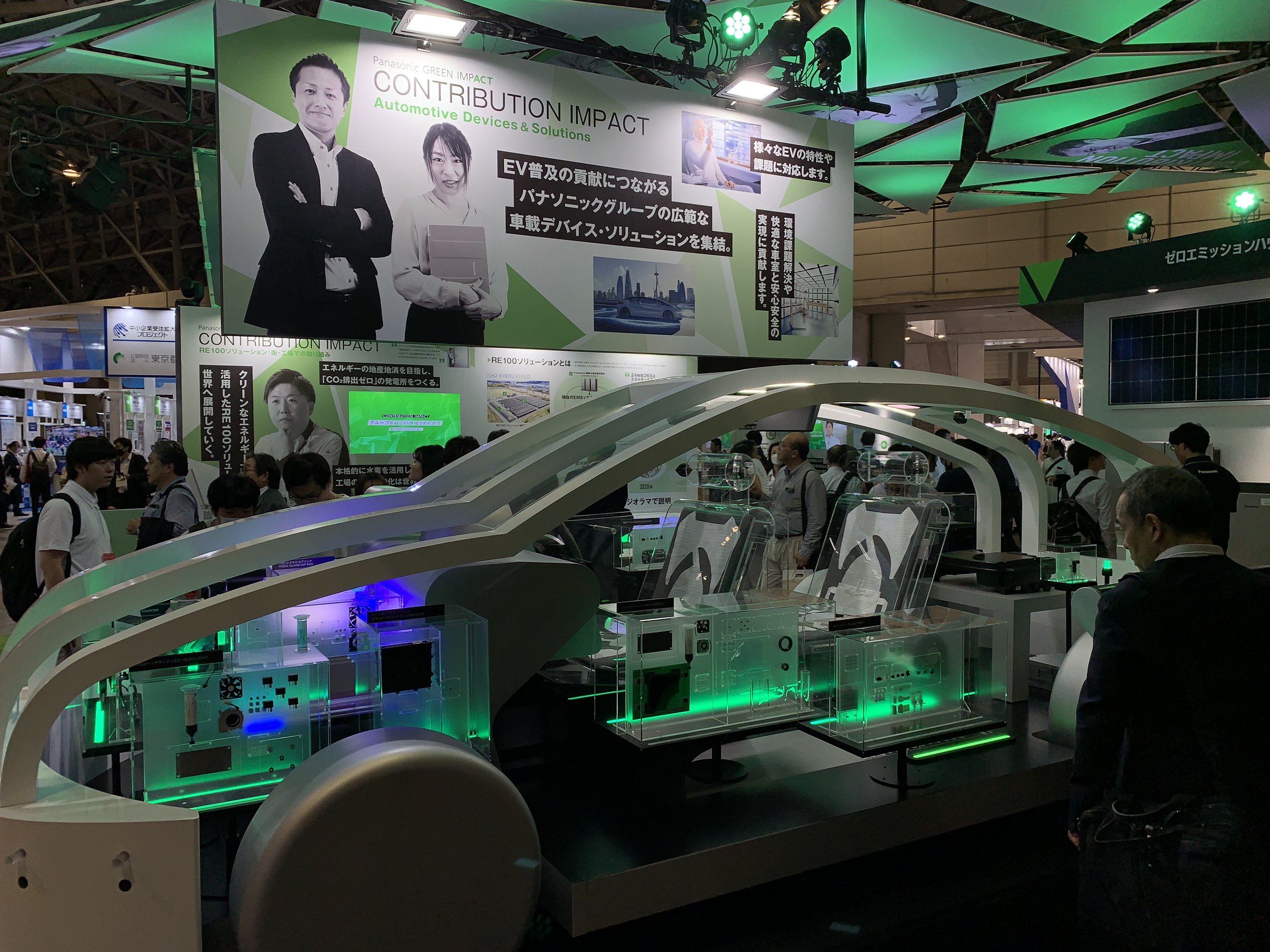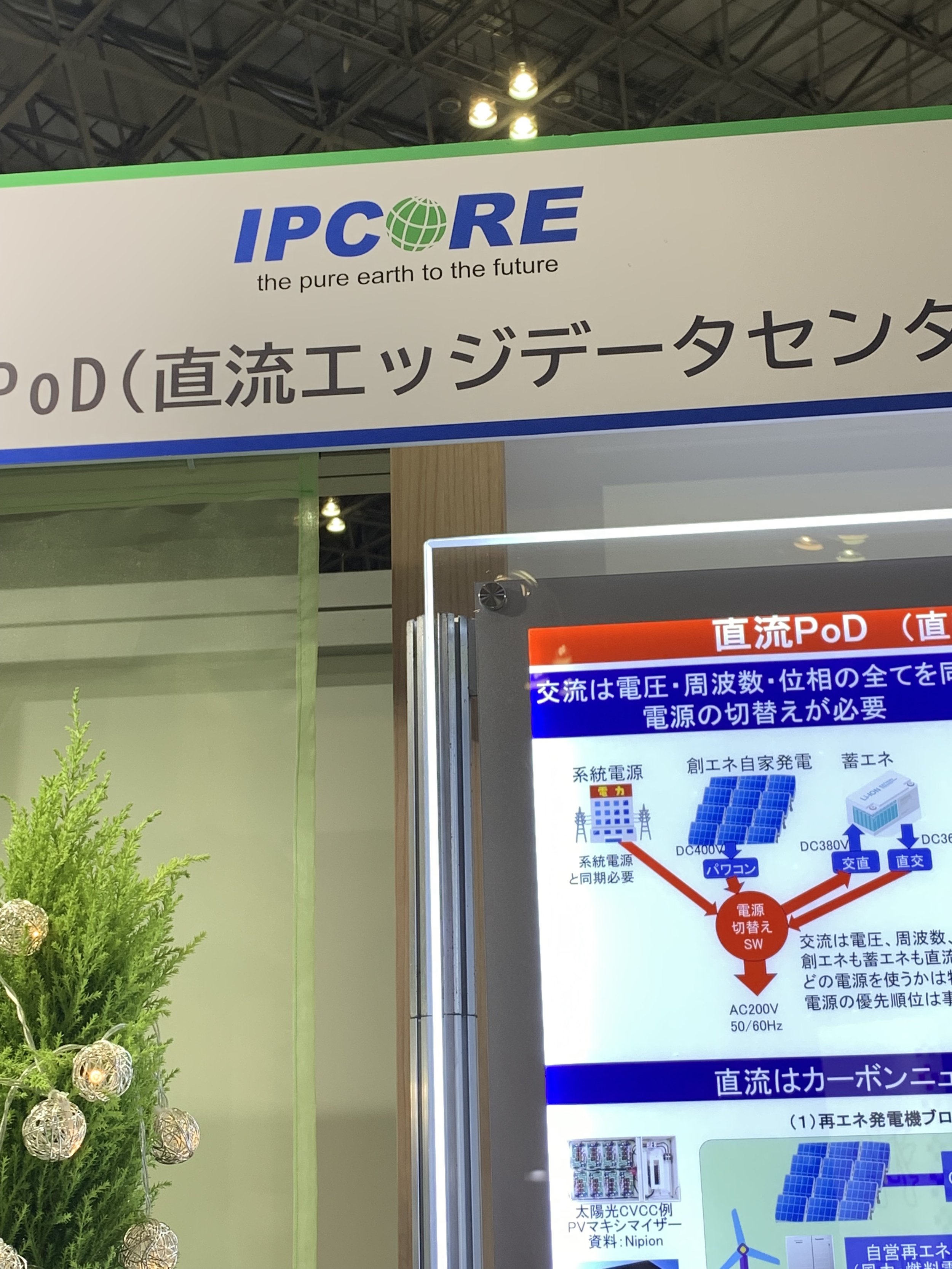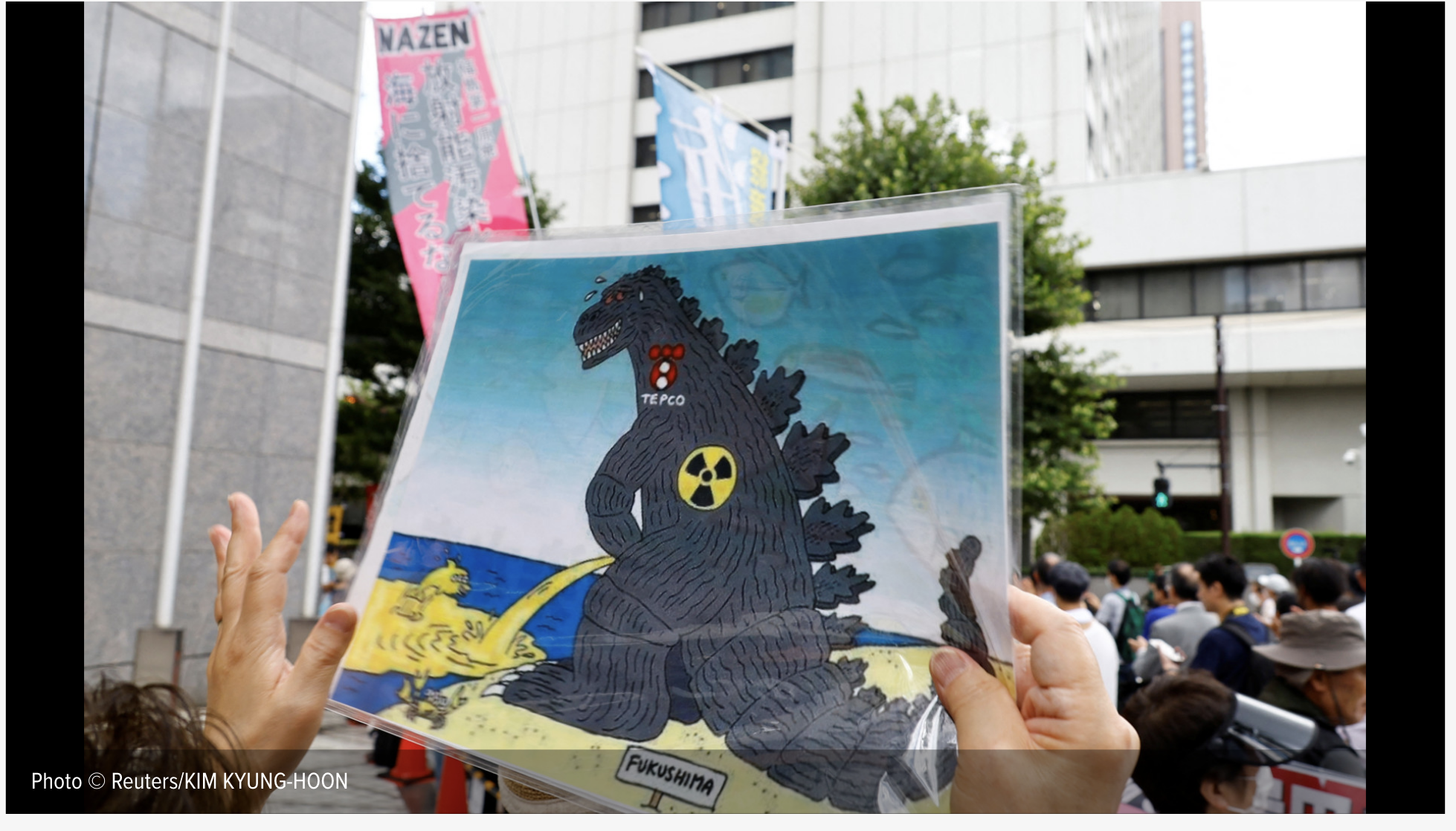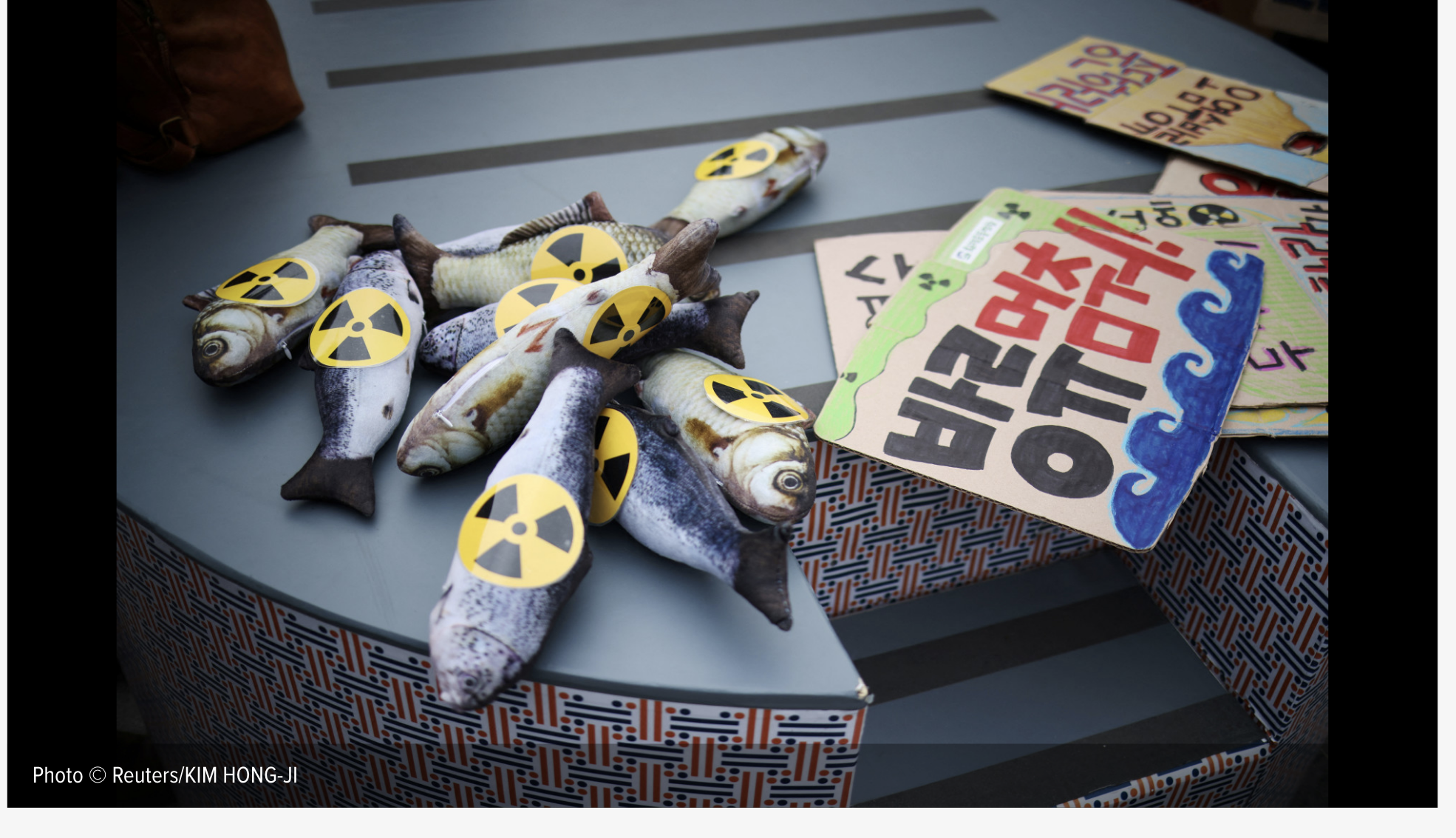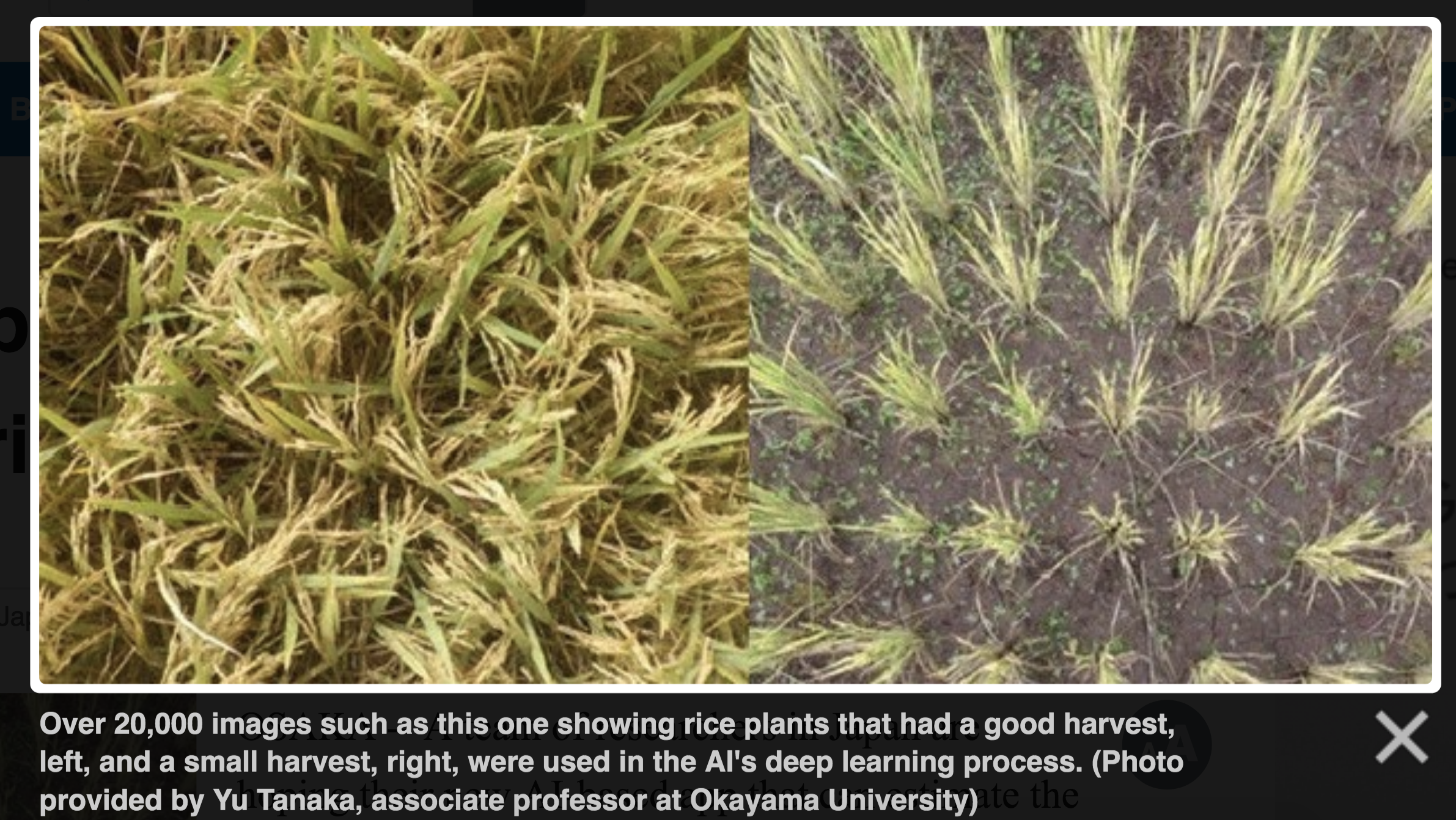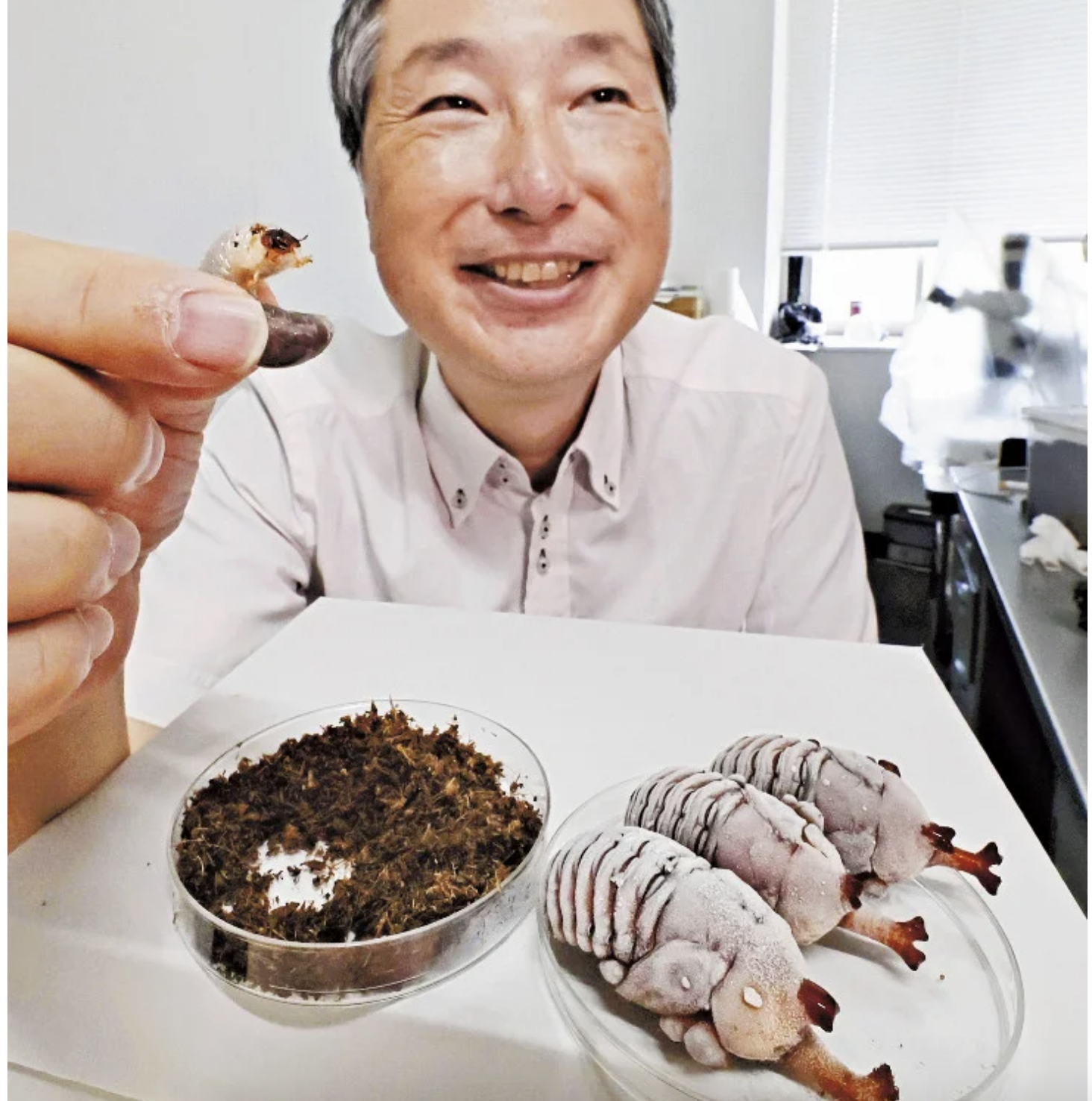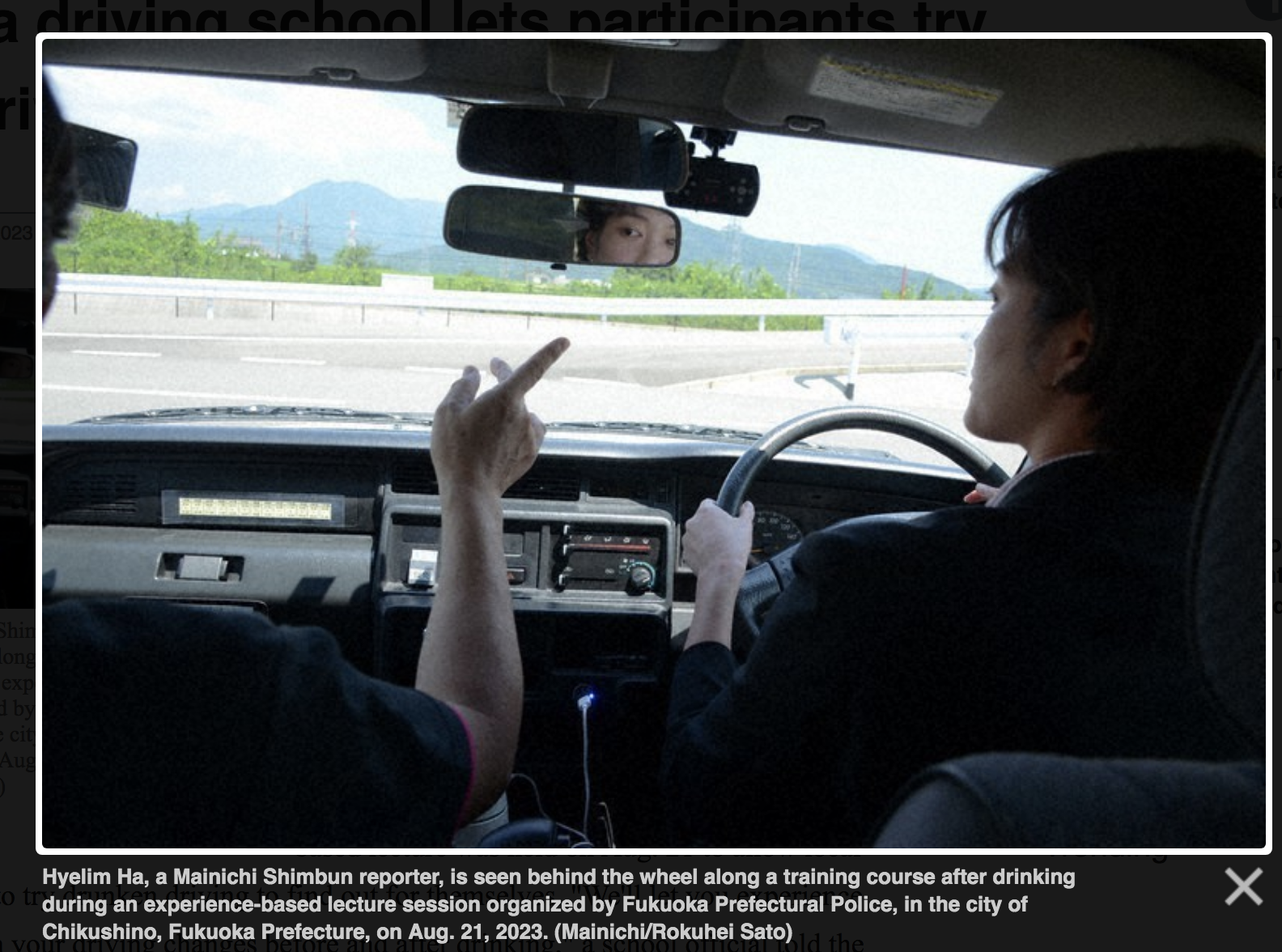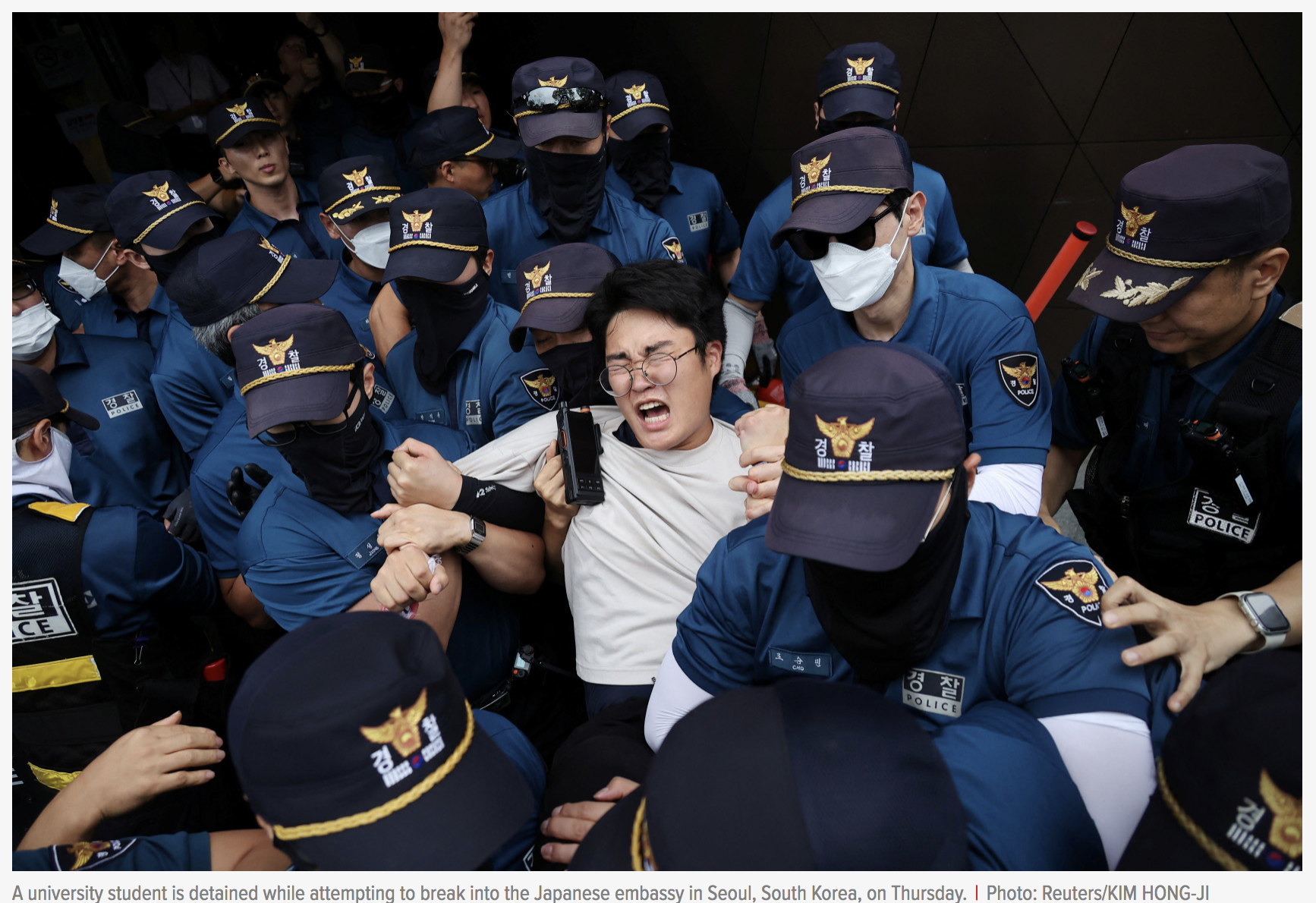SHOW NOTES FOR EP. 105
NEW PRODUCT/SERVICE
FUKUSHIMA WATER RELEASE
SOCIETY 5.0
DEPOPULATION
EAT THE BUGS
A group from Kyushu University is working on research to utilize the Japanese rhinoceros beetle, often called the "king of insects," as insect food.
The research is being conducted by a group led by Associate Professor Satoshi Kamitani from the Faculty of Agriculture at Kyushu University. In an effort to address the issue of neglected bamboo forests, while collaborating with Kama City, they discovered that fermented bamboo chips could serve as food for the Japanese rhinoceros beetle. This discovery prompted the exploration of edible applications for the beetles.
The pupae, in particular, have a mild shrimp-like aroma and are easy to eat due to their lack of earthy odors and impurities. When dried and ground into powder, they are also suitable for processed food products.
They chose the former Chisshu Elementary School building in Kama City, which had closed in 2014, as the experimental site. The bamboo chips used were harvested from neglected bamboo forests by the city and provided at no cost. Starting with 500 beetles in the current fiscal year, they aim to increase the number to 5,000 in the following year and 50,000 two years from now.
Local residents take on the role of caretakers for the beetles, with the intention of generating employment opportunities in the depopulated region.
The group is conducting detailed analysis of the nutritional components and potential health benefits. They aim to eventually position the beetle as a viable option for human consumption, while also exploring its potential as a pharmaceutical ingredient.
Associate Professor Kamitani stated, "The Japanese rhinoceros beetle might become a 'triple-win' solution, simultaneously addressing food scarcity, neglected bamboo forests, and depopulation. We will thoroughly examine its safety as a food product."
According to research by the Japan Productivity Center, the global insect food market is predicted to expand from 7 billion yen in 2019 to 100 billion yen by 2025.
WAR







